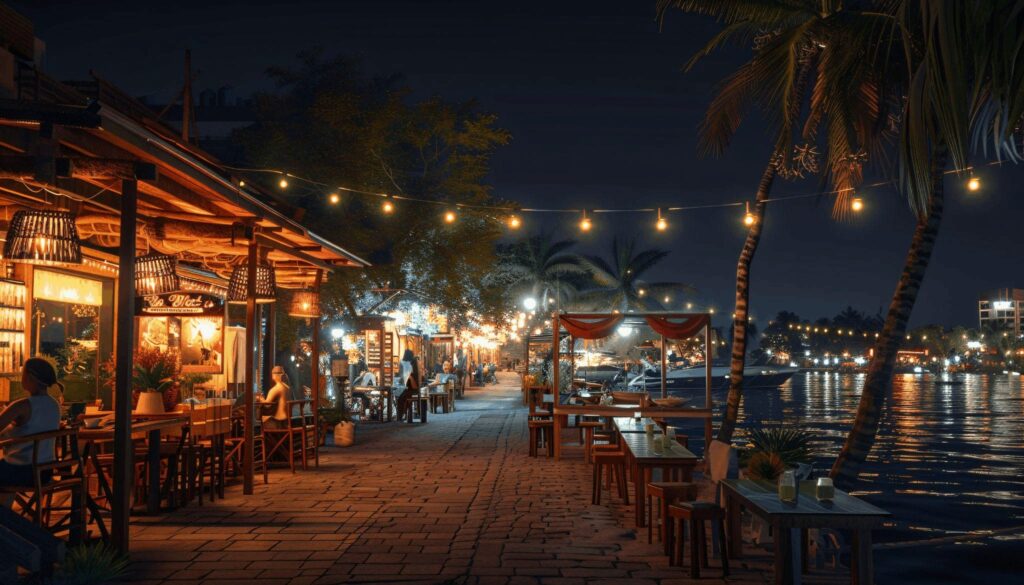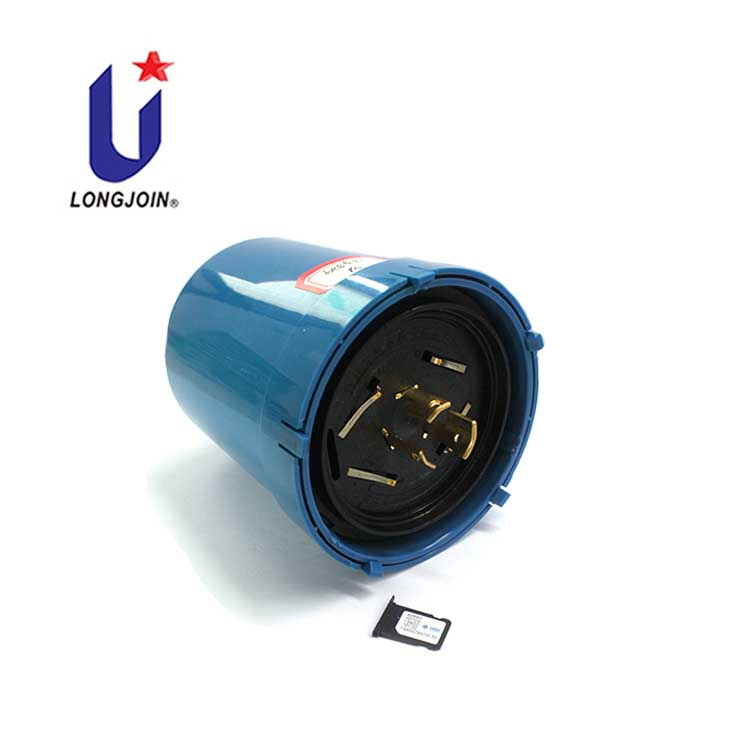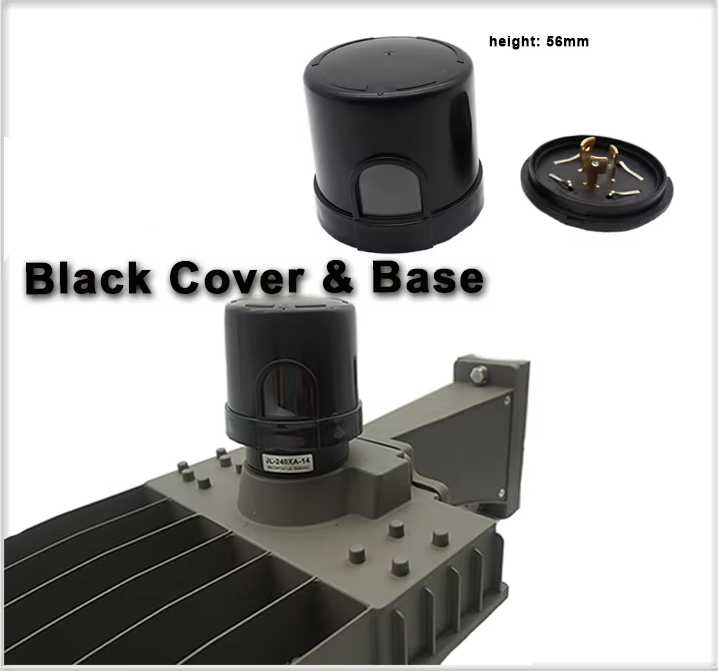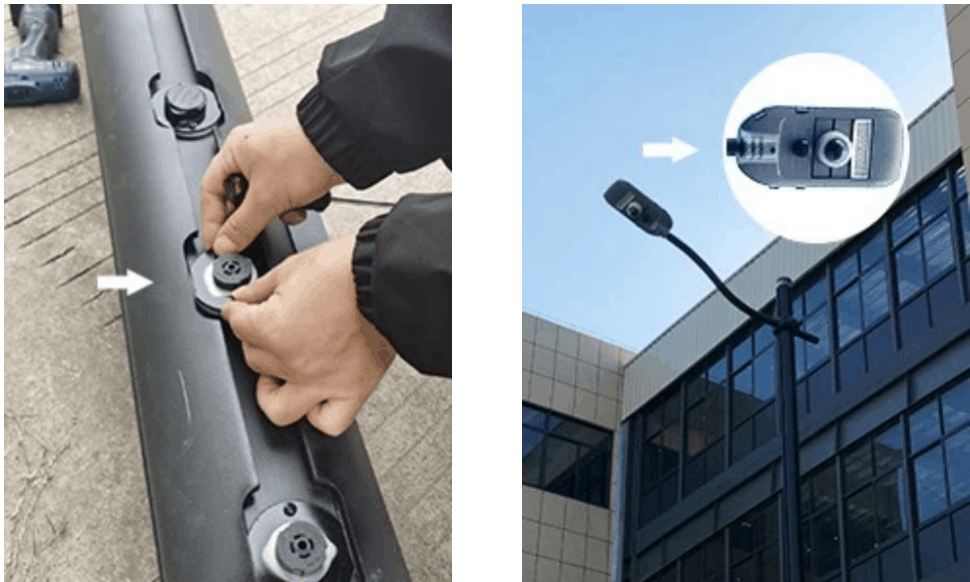Outline
- Introduction
- What Challenges Does Photocell Face In High-Temperature and Humid Environments?
- How Does the LongJoin Light Controller Work Against High Temperature and Moisture?
- What Are The Advantages of LongJoin Light Controllers?
- How Are Photocell Light Sensors Improving?
- Final Words
Light controllers are delicate devices. Excessive heat ruins their circuits, and water ingress causes corrosion. These situations result in malfunctions, expensive repairs, and inconsistent lighting. So what is the answer?
It’s Long Join’s smart technology. With heat-resistant materials, waterproof design, and intelligent sensors, its light controllers perform flawlessly in harsh environments.
Curious how? Let’s break down the challenges and the innovative solutions that keep lights shining bright.

What Challenges Does Photocell Face In High-Temperature and Humid Environments?
Yes! Photocells are very vulnerable to changes in temperature and humidity. While some other factors can also cause them to malfunction, the impact of the above factors is the most significant.
High-Temprature
With exposure to temperatures above normal, malfunctions are inevitable. A case in view is of electrolytic capacitors. Here, heat-induced evaporation of the electrolyte drops its performance. The table below further details how high temperatures impact photocells.
| Impact | Description |
| Accelerated Material Degradation | Prolonged heat exposure causes plastic casings to warp, crack, or discolor. |
| Sensor Sensitivity Drift | Malfunctions related to the response of light sensors affect accuracy. |
| Electronic Component Failure | Overheating can degrade internal circuitry and solder joints. |
| Voltage Regulation Issues | Thermal stress impacts voltage regulators, leading to unstable power output |
| Increased Power Consumption | Heat reduces efficiency in semiconductor components, raising energy demand |
Humidity
In humid conditions, moisture enters the enclosure. This imparts condensation, making corrosion a must. In some cases, immediate short circuits have been observed too.
Humidity also deteriorates insulating products, changing dielectric properties for the creation of unwanted electrical routes.
What will be the cumulative effect?
When high temperatures are combined with humidity, the problems amplify. For example, temperature caused cycles of expansion and contraction, coupled with moisture gain and loss, can accelerate degradation. Heat stress, material fatigue, and microfracture are some common problems caused by this. Additionally, humidity can cause swelling of electronic components. This can result in misalignment and failure.
How Does the LongJoin Light Controller Work Against High Temperature and Moisture?
While multiple brands promise to be the best solution to the above-mentioned issues, LongJoin takes pride in being the industry leader. But what sets it apart from its competitors?
The answer lies in its product’s technological advancement. Some prominent features are discussed below.
High-Temperature Design
LongJoin photocells withstand extreme heat. This is done by incorporating high-temperature-resistant wires, such as those insulated with silicone or Teflon. Additionally, optimized heat dissipation structures are effective aids. These ventilation strategies and thermal management systems prevent component overheating, ensuring consistent performance.
Waterproof Performance
LongJoin light photocells boast an IP rating of 65 and above. The advanced sealing designs and anti-corrosion materials further serve as the cherry on top. After all these considerations, the photocontrollers undergo rigorous testing. This includes salt spray testing to mimic coastal environments. This ensures flawless operation for over three years without water ingress.
Below are the details of some commonly used IP codes and their level of protection.
| IP Code | Liquid Ingress Protection |
| IP65 | Good for low-pressure water jets |
| IP66 | Protect against high-pressure water jets |
| IP67 | Can withstand immersion in water up to 1m depth for 30 minutes |
| IP68 | Can endure continuous immersion in water beyond 1m depth |
Surge Protection Technology
Electrical devices are prone to malfunctions caused by power surges. However, for the LongJoin light photocell sensors, the case is different. They incorporate high-performance protection devices capable of handling significant energy spikes.
Take the JL-215 model, for instance. It has an inbuilt surge arrester. This 640 Joule and 40,000 Amps device acts as an effective shield against voltage transients.
Effectiveness in variable environments
Longjoin photocells integrate temperature compensation systems that ensure consistent performance across different environmental conditions. Models like the JL-118 series are designed with electrical heating elements and temperature compensators. This provides reliable operation regardless of ambient temperature fluctuations.
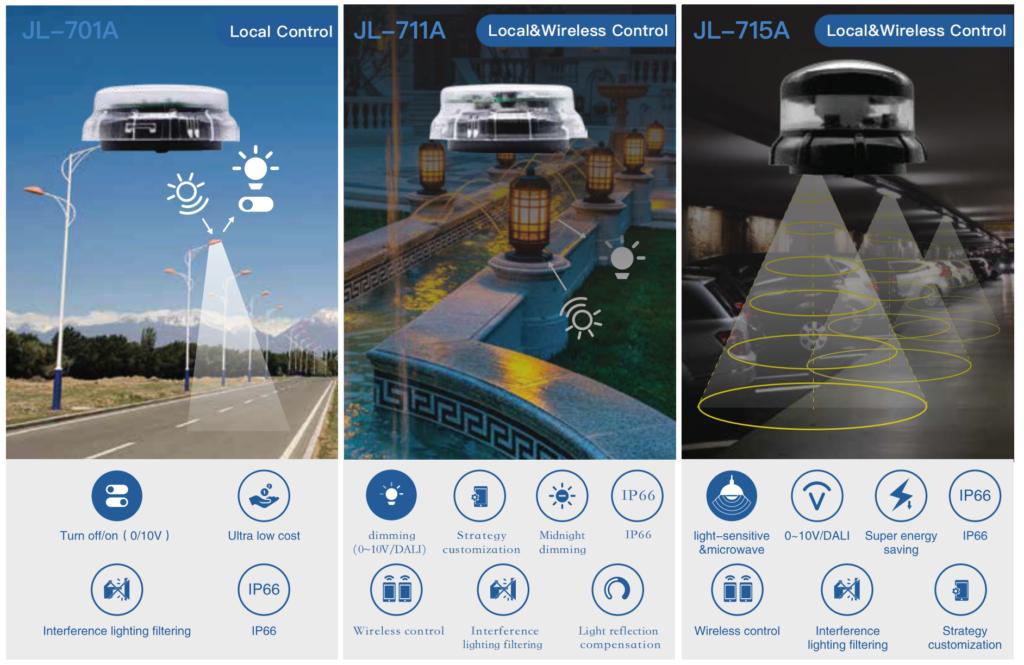
Road Lighting in Tropical Cities
Regarding LongJoin photocontroller’s effectiveness in tropical climates, Brazil’s road lighting is a vital case study. LongJoin smart photosensors automatically adjust lighting based on ambient conditions. This ensures energy efficiency and consistent illumination despite high temperatures and humidity. This approach also aligns with Brazil’s push toward sustainability.
What Are The Advantages of LongJoin Light Controllers?
High-Performance Protection Grade
LongJoin ensures reliability under extreme conditions. Their light controllers undergo rigorous testing and meet international standards such as UL, CE, and RoHS. Details for LongJoin photocell certifications are given below.
| Certification | Purpose |
| ANSI C136.10 | Standard for roadway lighting control devices and photocells in North America |
| IEC 61000-4-5 | South American protocols for protection against electrical surges and transient overvoltages |
| UL 773 & UL 773A | Safety standards for plug-in and hardwired photocontrol devices |
| RoHS | Restricts hazardous substances in electrical equipment |
| CE Marking | Compliance with European health, safety, and environmental protection requirements |
| NOM | Certification for safety, efficiency, and quality of electronic devices in Mexico |
| INMETRO | Regulatory certification for electronic devices in Brazil |
Intelligent Management
Can LongJoin controllers be managed remotely? Absolutely. Models like the JL-245C utilize ZigBee wireless technology. This facilitates real-time adjustments, such as dimming functions, enhancing energy efficiency and operational convenience.
Customized Service
LongJoin offers customizable solutions, including adjustable light sensitivity levels and time-delay features. Consumers can order a photocell sensor switch with their desired specification to meet their specific needs.
For example, the JL-408C model provides a swivel for precise orientation and a shielding bar for on/off level calibration. This accommodates various climatic and application scenarios.
Cost-Effectiveness
While pricing is a primary concern for consumers, LongJoin ensures its products are affordable for everyone. But does that mean compromise on quality? Of course NO.
They combine durable construction with advanced features like zero-cross technology. This reduces electrical stress and extends lifespan. The results are maintenance costs and a favorable return on investment for users.
How Are Photocell Light Sensors Improving?
New Material Applications
As climate patterns intensify, lighting controls capable of withstanding harsh conditions are needed. Incorporation of ultra-high temperature ceramics (UHTCs) presents a solution. Also, transition towards metals like carbides and borides can offer superior thermal stability and resistance to oxidation.
Smart Sensor Integration
The concept of smart cities is getting more prevalent, and light controllers could offer great help with this. They offer real-time data about weather patterns and occupancy that helps effectively manage different municipal responsibilities within a smart city.
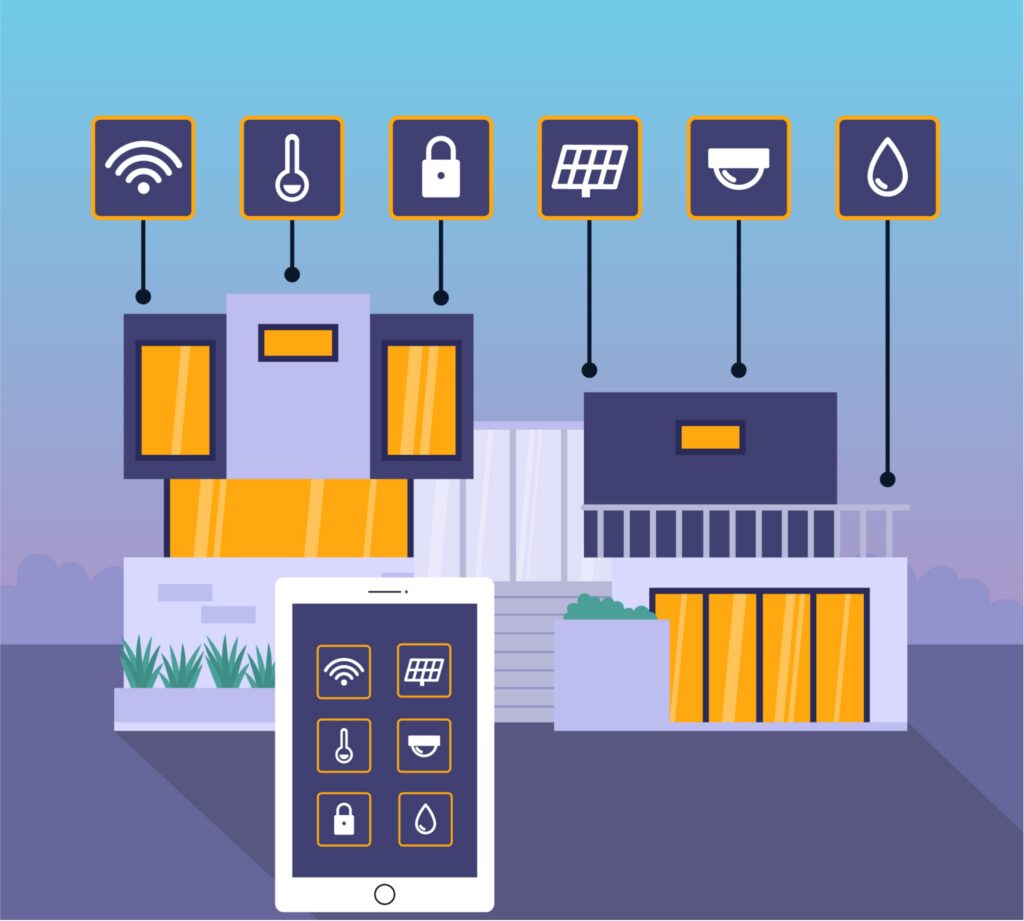
Higher Protection Grade
High IP ratings are in demand for better protection against moisture and dust particles. Due to the vulnerability of the photocell under harsh conditions, this protection level is critical. For example, in animal houses, where exposure to dust and moisture is prevalent, this guarantees reliable operations.
Final Words
LongJoin smart technology has redefined light controller reliability in extreme conditions. They effectively tackle heat, humidity, and electrical surges with their cutting-edge innovations. As urban lighting demands grow, choosing durable and intelligent solutions becomes crucial. Chi-Swear, a trusted supplier of Longi Light Controllers, ensures top-tier performance and adaptability—perfect for any challenging environment.



